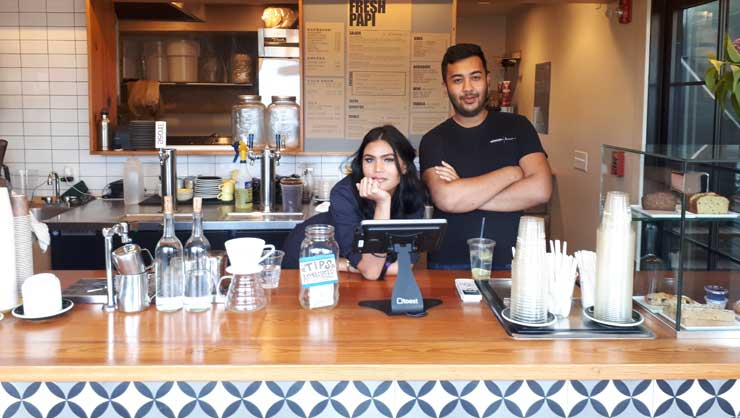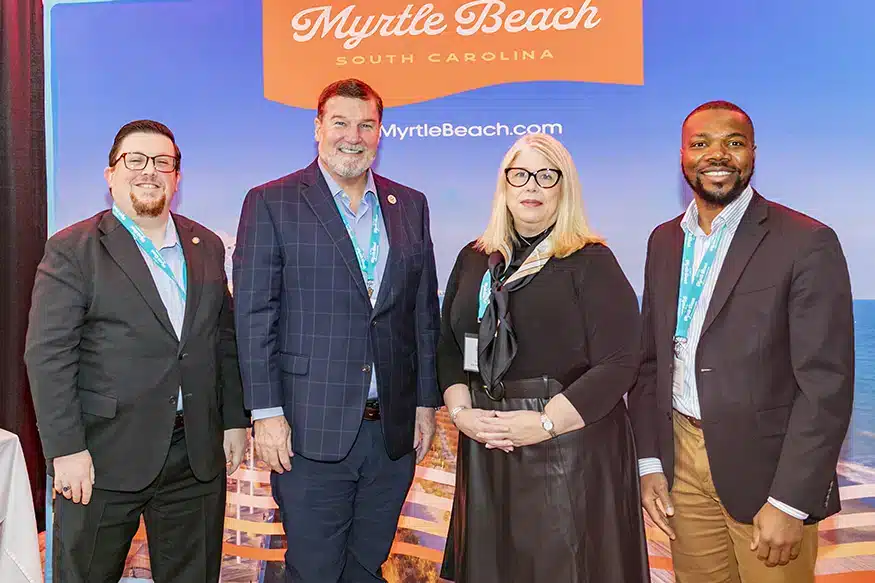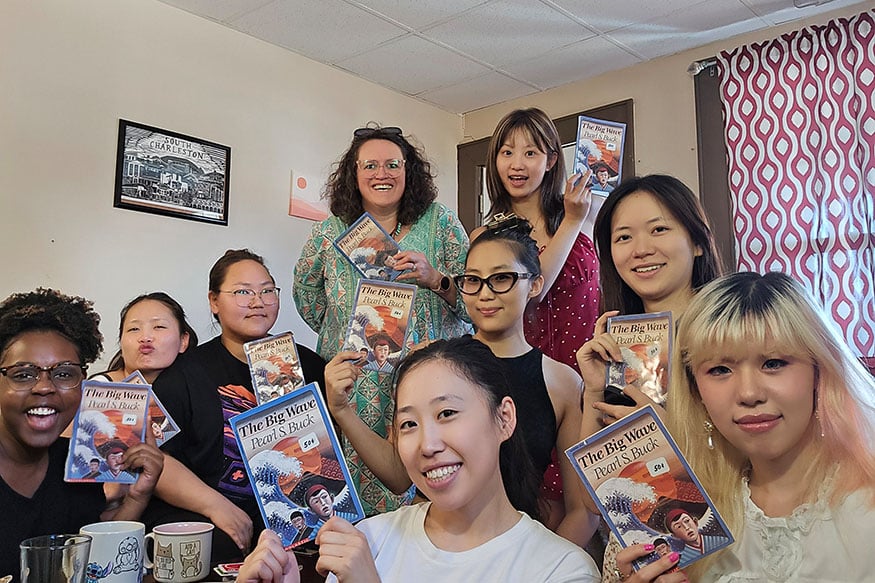An American colleague recently told me that the best part of her study abroad experience in Australia was the job she had on the side.
She originally got her part-time gig at a coffee shop because she needed the money, but it ended up being an incredibly authentic and productive piece of her experience. She told me it’s where she met her Australian friends, learned cross-cultural and workforce skills, and developed confidence functioning outside her comfort zone. She draws regularly on that experience in her daily work.
The point is not that my colleague’s studies abroad weren’t important to her—they were—but rather that her work experience abroad has had a longer term and arguably more relevant impact on her professional life.
As we try to understand what exactly “the new student” wants when it comes to global education, and how we can provide that, my colleague’s story provides one succinct answer to that question: The new student wants an experience that is authentic, purposeful, affordable, and accessible. Work abroad programs are an important way we can provide that.
An Authentic Cultural Exploration
InterExchange’s participants are mostly 18-24 years old, and doing work abroad experiences: work and travel, intern, au pair, and camp counselor programs. The primary motivation for many is authentic cultural exploration. Like so many of their age cohort, they seek immersive, independent, and true-to-life experiences. They want to push their own boundaries, to explore a new country, hold their first job, and see if they can hack it in a foreign language. Living and working in local businesses, homes, and communities is about as independent, immersive, and authentic as you can get.
A Purposeful Skills Development Opportunity
The conversation in our field over the past five years has shifted from “more students studying abroad” to “more students developing global workforce skills.” This is a positive trend. We’re focused on the outcomes we want to see. While a traditional study abroad model is one method to reach these outcomes, we’re seeing institutions and organizations embrace myriad others. And work abroad is uniquely purposeful and effective.
IIE’s 2017 report Gaining an Employment Edge examines the kinds of soft skills prized by employers.1 InterExchange’s surveys of more than 40,000 of our alumni indicate that they developed these exact same skills on their work abroad experiences, namely: intercultural skills (86%), interpersonal skills (85%), adaptability and problem-solving (67%), and leadership skills (49%). 2
Additionally, recent studies of the Department of State’s Intern/Trainee and Summer Work Travel (SWT) programs, which InterExchange facilitates, shows similar findings. A reported 82% of SWT alumni said the experience has helped their careers, and 79% noted they learned specific and valuable workforce skills. 3 Three out of four interns said the program will help them “a great deal” to advance in their careers. 4
An Affordable Experience
Cost is a huge barrier to international exchange in general and study abroad specifically. University tuition fees are prohibitive to many would-be student travelers. Work abroad programs, however, provide a more affordable option. InterExchange’s program fees range from a few hundred dollars to a few thousand, for experiences anywhere between three and 18 months. And because of the paid work components of our programs, participants are able to defray most, if not all, of their program expenses with their earnings.
An Accessible Experience
In addition to being more financially accessible, work abroad programs, especially shorter term ones, can feel like manageable forays into international travel. Many of our participants are venturing outside their home countries for the first time. Where a year or more at a university may be daunting, a three to four month work and travel program, internship, or au pair experience is much more digestible. Many participants also choose to go abroad again, sometimes progressing from shorter term work and travel to a longer term internship; some eventually enrolling at a university to finish undergraduate or pursue a higher degree.

Image courtesy of Mustafa R.
There are certainly challenges to making work abroad a more common part of our global education paradigm. These range from creating campus cultures that embrace work abroad programs, to adequate student language abilities, to work visa issues. But they aren’t insurmountable.
The upcoming generation is demanding knowledge and experience that leads to opportunity. Similarly, employers aren’t looking so much at what potential employees did, but rather what they can do and how they’ll do it. The future of international education is about ensuring young people find the opportunities they’re looking for and are able to build the skills that they can then showcase to a future employer. Work abroad experiences must be a central part of this future.
This article was originally written by Mark Overman and published online at the Institute of International Education (IIE). You can find the original article.
References
- Institute of International Education. (October 2017). Gaining an employment edge: the impact of study abroad on 21st century skills and career prospects in the United States.
- InterExchange. Internal alumni surveys. Available at https://www.interexchange.org/impact/
- EurekaFacts. (August 2017). Summer Work Travel (SWT) Program Review. Available at https://www.eurekafacts.com/research-briefs/
- EurekaFacts. (June 2018). Intern and Trainee Exchange Program 2018 Review Report. Available at https://www.my.eurekafacts.com/Intern_Trainee.pdf
For U.S. Citizens
Spend Up to a Year Experiencing Australia
Work seasonal jobs and explore
This is a once-in-a-lifetime opportunity to travel Australia open-endedly for up to a year (with the possibility to extend). You’ll be able to pick up short term jobs to fund your travels and potentially put some money away depending on your lifestyle. Ideal for independent adventure-seekers who want some support in the background!





